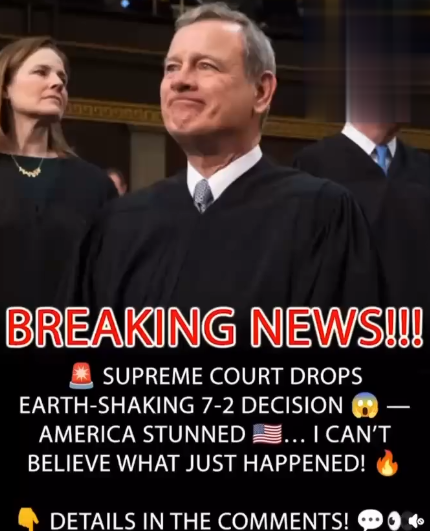Supreme Court Clarifies Review Process for Veterans’ Disability Claims in Bufkin v. Collins Decision
The U.S. Supreme Court has issued a significant ruling affecting how veterans’ disability claims are reviewed by federal courts. In the case Bufkin v. Collins, the Court decided, by a 7-2 majority, that appellate courts are not required to independently reassess how the Department of Veterans Affairs (VA) applies the “benefit-of-the-doubt” rule when evaluating disability claims.
This decision has wide-reaching implications for both veterans and legal professionals, especially in how disability appeals are handled through the federal judicial system.
The Role of the Benefit-of-the-Doubt Rule
The benefit-of-the-doubt standard is a key component in the VA’s process for evaluating disability claims. It requires that when the evidence for and against a veteran’s claim is evenly balanced, any uncertainty should be resolved in favor of the veteran. This principle exists to help veterans who may face difficulties in proving service-related health conditions, often due to limited or inconclusive medical documentation from their time in service.
The rule is meant to ensure that veterans are not unfairly denied benefits simply because of gaps or ambiguity in the evidence.
Cases at the Center of the Ruling
The Supreme Court’s decision was based on the appeals of two veterans, Joshua Bufkin and Norman Thornton, each with unique and challenging medical claims. Bufkin, a former Air Force member, applied for benefits related to post-traumatic stress disorder (PTSD), but his claim was complicated by conflicting medical evaluations. Thornton, an Army veteran who served during the Gulf War, sought a higher disability rating for PTSD, but also faced mixed medical assessments.
Both cases involved evidence that was considered closely balanced. However, the VA ultimately denied their claims, and those decisions were upheld by the Veterans Court and a federal appeals court without independent re-evaluation of the benefit-of-the-doubt standard.
Supreme Court’s Reasoning and Outcome
Justice Clarence Thomas, writing for the majority, explained that appellate courts should not substitute their own judgments for the VA’s when it comes to evaluating medical and factual determinations—unless a clear error has been made. While legal issues must be reviewed independently (de novo), factual findings, including the application of the benefit-of-the-doubt rule, are subject to a more limited review for clear mistakes.
The Court emphasized that the VA has the technical knowledge and expertise to handle these kinds of complex medical assessments. This ruling reaffirms the principle that specialized agencies like the VA should have discretion in applying their rules, as long as their decisions are reasonable and well-supported by evidence.
What This Means for Veterans
Moving forward, veterans who appeal VA decisions will face a higher bar for success. Simply showing that evidence was evenly balanced will not be enough; they must also prove that the VA made a significant error in evaluating their case.
While this may reduce the number of successful appeals in closely contested cases, the Court’s decision also brings clarity to how these claims are reviewed. It reinforces the need for strong, well-documented evidence at the earliest stages of the claims process.
